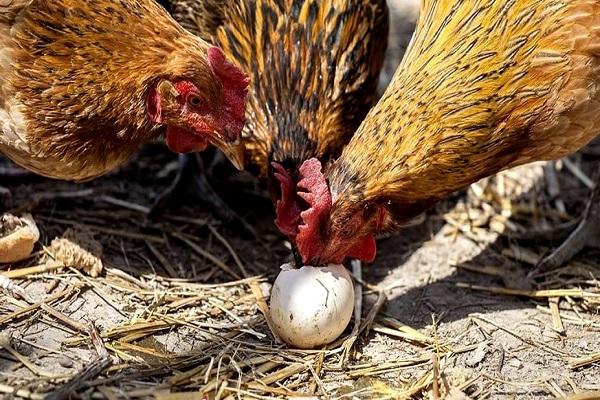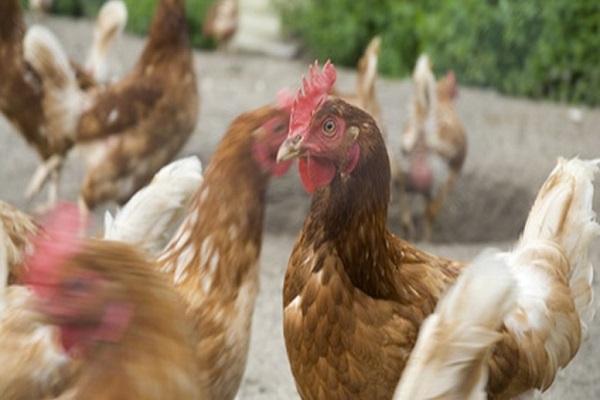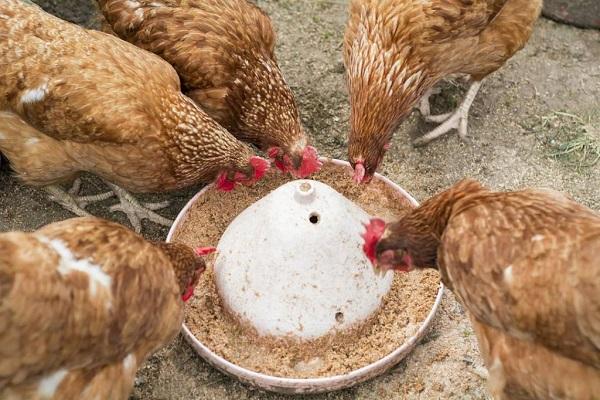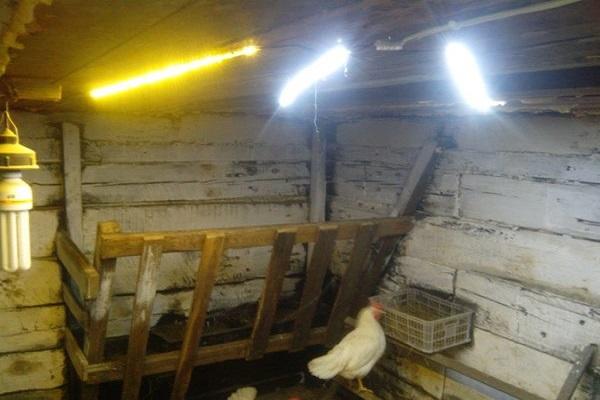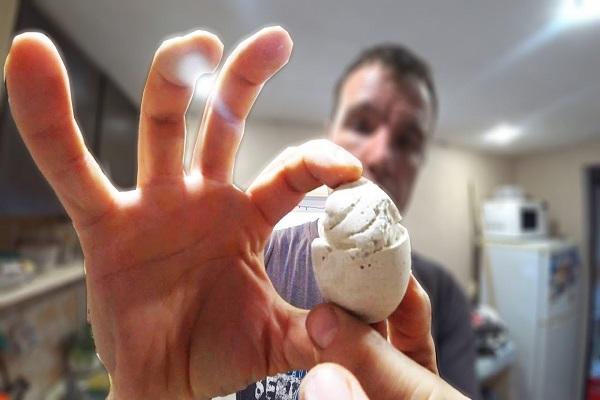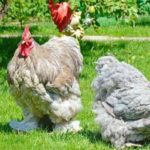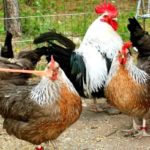There are many reasons why chickens peck eggs, so you need to figure out the problem in time and decide what to do. A number of tips and recommendations will help determine the cause of the problem. Then they begin to eliminate it: adjust the diet, make adjustments to the conditions of detention. Preventive measures will help prevent the problem from reoccurring.
- Why do chickens peck their eggs?
- Improper feeding
- Attacks of aggression
- External factors
- How to find out what the reasons are?
- How to stop chickens from pecking eggs?
- Proper nutrition
- Pharmacy drugs
- Traditional methods
- Improving conditions of detention
- Lighting rules
- Walking conditions and enclosure sizes
- Make a fake egg
- Decaying birds
- Prevention of egg pecking
Why do chickens peck their eggs?
You can quickly deal with the problem only if you identify the root cause.
Improper feeding
The most important factor is improper or unbalanced nutrition:
- A lack of vitamins, particularly calcium, causes chickens to eat their eggs. Another sign of calcium deficiency is that their shells become thin and brittle.
- Poor quality or spoiled food, lack of greens, feeding of prohibited foods also causes the problem.
- Changes in diet.
- The presence of shell residues with white and yolk in food. It is permissible to give shells to chickens, but only as part of mash. It is first washed, dried and crushed.
Attacks of aggression
Some laying hens peck eggs not due to the lack of any vitamins in the body, but because they are harmful. Such chickens often deliberately crush eggs, attack other chickens, and are intolerant of proximity to other individuals. Aggression is aggravated by lack of food and non-compliance with living conditions.
External factors
The behavior of chickens can be influenced by external factors:
- violation of light or temperature conditions leads to birds cracking eggs and drinking the contents;
- the presence of pests in the chicken coop, such as mites, feather eaters;
- In winter, a common reason is the lack of bird walking;
- chickens eat eggs in nests due to cramped indoor conditions.
How to find out what the reasons are?
Advice from experienced poultry farmers will help identify the problem. Routine observation of poultry behavior will help.
A laying hen that engages in sabotage is often in the chicken coop, sitting near the nests, waiting for a fresh batch. As soon as the chicken is identified, it is moved to another place for two weeks.At the same time, they try one of the effective methods of weaning from pecking eggs.
How to stop chickens from pecking eggs?
Sometimes it is enough to make adjustments to your diet, and the problem goes away. But in some cases you have to fight in other ways.
Proper nutrition
The chicken diet should include additional components:
- The daily menu should include products such as fishmeal, low-fat cottage cheese, milk;
- Once a week it is useful to give the offal of a slaughtered animal;
- every day you need to add a little salt, nettle, crushed shell rock to the bird’s food;
- legumes and alfalfa are useful in small quantities;
- a mash based on grated boiled vegetables will compensate for the lack of vitamins;
- It is useful to give a few grams of beef, lamb or pork fat.
In the warm season, the bird should eat a lot of fresh greens.
Pharmacy drugs
In some advanced cases, it is necessary to resort to medications. Treatment is carried out with such means as “Ryabushka”, “Laying Layer”, “Vitaminol”, “Biovetin”, “Methionine”.
Traditional methods
Sometimes it is possible to solve the problem using folk methods:
- lining in the nest of a round-shaped dummy made of wood, stone or salt dough;
- Lining the nests of tennis balls helps.
If folk remedies do not help, medications or more radical measures come to the rescue.
Improving conditions of detention
You should also check the living conditions that are organized for poultry:
- The nest should be free of any debris, straw or other objects. On a flat surface it is more difficult to catch an egg that will constantly roll away.
- Nests should be located at the level of human height, establishing an approach to them in the form of stairs.
- Laying hen nests should not be close to each other.
- You can build nests in such a way that the egg gently rolls into a separate compartment.
Lighting rules
The room should have white, dim lighting. The nests themselves should be located in the most shaded corners of the chicken coop.
In the dark, the chickens will not be able to see the eggs, and the pecking will stop.
In winter, it is recommended to organize illumination with an ultraviolet lamp. It will help replenish the lack of vitamin D. Do not leave too bright light in the chicken coop. This helps to increase the birds' aggressiveness.
It is necessary to take care of the length of daylight hours. For this purpose, windows are made in the room and additional lamps are installed in winter.
Walking conditions and enclosure sizes
Stress in birds is caused by rare exposure to the street and insufficient space for walking.
It is genetically determined that chickens must obtain their own food. Therefore, they can often be found eating grass, small insects or pebbles. If the walking area is small, then the chickens do not have this opportunity. Gradually, the chickens become irritable and peck at their eggs.
In order for the chicken to run around as much as possible and not be interested in pecking at its eggs, you need to organize a large enclosure. On average there should be 1 square meter per 4 birds. m. The larger the space, the better.
Make a fake egg
Sometimes a device in the form of a rounded dummy helps. A small hole is made in a real egg and the contents are drawn out using a syringe. Then a solution with vinegar or pepper is poured inside and the hole is sealed with plasticine.The finished specimen is placed in the nest.
Decaying birds
Some chicken breeds are aggressive in nature, so the only solution is to de-beak. The procedure involves cutting off part of the bird's beak with special tools.
Prevention of egg pecking
Preventive measures will help prevent egg pecking:
- provide a complete diet in accordance with the season;
- enrich the menu with products rich in vitamin and mineral complexes;
- the chicken coop must be kept clean and dry;
- the room must have a certain air temperature, good lighting and ventilation;
- a spacious walk should be organized;
- you need to collect eggs regularly;
- Vegetables are left in the room so that the chickens have something to eat.
Dealing with the problem is easy with the right method. But it is better to prevent the problem by creating all the necessary conditions.

